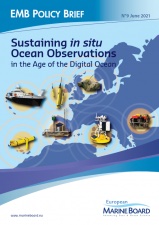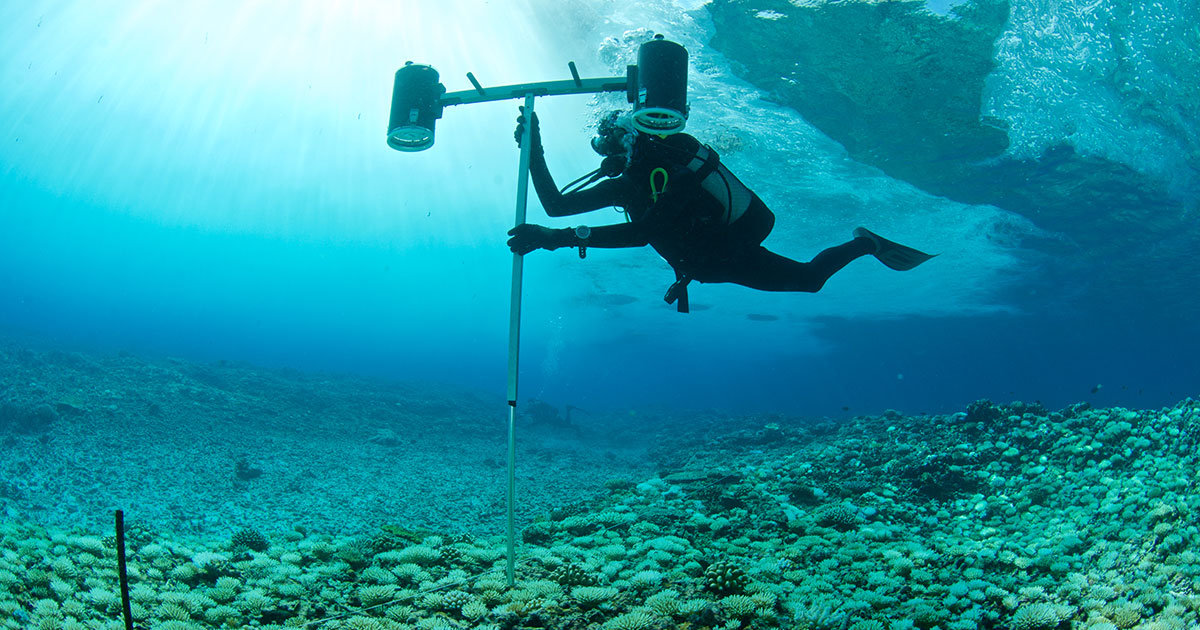Considerable attention is now being given at the highest political levels to actions and solutions to reverse the cycle of degradation of the Ocean’s health and productive capacity. But ‘you cannot manage what you cannot measure’ and timely Ocean information rooted in systematic sustained in situ Ocean observations will be integral to the design and evaluation of those actions and solutions. In addition, if the Ocean is to be integrated into the ‘Internet of Things’ then there will need to be a continuous presence of ‘Things’ in the Ocean. The impact of the COVID-19 pandemic had on Ocean observations worldwide has proven that now is the time to accompany action with equal resolve to invest in a coherent, sustained way in an Ocean observation system that will provide the information needed to guide us on the path to the Ocean we want.
The new EMB Policy Brief focuses on in situ Ocean observations and highlights their benefits, funding and governance challenges, and the investment needed for their transformation and sustainability. In situ Ocean observations are all Ocean, seas or coastal observations, and complement remote sensing observations (e.g. from satellites). This Policy Brief proposes the recognition of in situ Ocean observations as enabling infrastructure generating public-good data, which would deliver fit-for-purpose data and information supporting sustainable development, the ‘Green Deal’ and sustainable blue economy. It also recommends that a process should be established to review the costs and performance of the system and map its economic and environmental benefits. It should build on European and global coordination efforts, create partnerships with the private sector and civil society, and be integrated with satellite observations and models.
 This document is the result of an ad hoc Working Group established by the European Marine Board to address this topic, in light of the UN Decade of Ocean Science for Sustainable Development, and the start of Age of the Digital Ocean. This new Policy Brief aims to inform national- and European policy makers, funders, and governance influencers; the G7 and G20; and UN agencies such as the Intergovernmental Oceanographic Commission (IOC) of UNESCO.
This document is the result of an ad hoc Working Group established by the European Marine Board to address this topic, in light of the UN Decade of Ocean Science for Sustainable Development, and the start of Age of the Digital Ocean. This new Policy Brief aims to inform national- and European policy makers, funders, and governance influencers; the G7 and G20; and UN agencies such as the Intergovernmental Oceanographic Commission (IOC) of UNESCO.
The Policy Brief can be downloaded here. A higher resolution version of the document can be downloaded here.
Several document co-authors have also made short videos discussing the messages in the document. You can view these on the EMB YouTube Channel.





